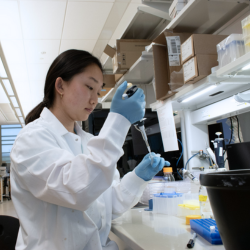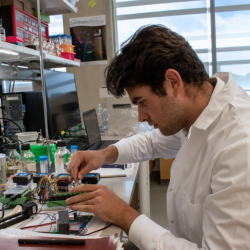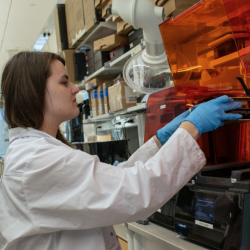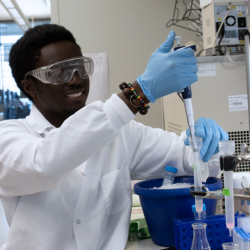Applicants must be US citizens or have appropriate authorization to work in the US. The internship projects are diverse but broadly employs interdisciplinary teams of interns to answer specific fundamental questions and/or to solve specific technical problems. We envision that each intern will work on an independent project that is embedded within a broader team effort.
The ideal candidate will be:
- excited to participate in team research
- have the initiative to lead their own project
- possess the communication skills needed to efficiently explain their ideas and results to persons from other disciplines.
To apply, please upload your one-page resume and your one-page statement of purpose which answers the following two questions to the application form
1. Why is this summer research internship important to you?
2. What would you like to accomplish during this summer internship?
Please also indicate on the application which internship project(s) will be best for you.
If you have any questions about the internship, please contact the Fischell Institute's Communications and Program Specialist Ambi Narula at fischellinstitute@umd.edu




